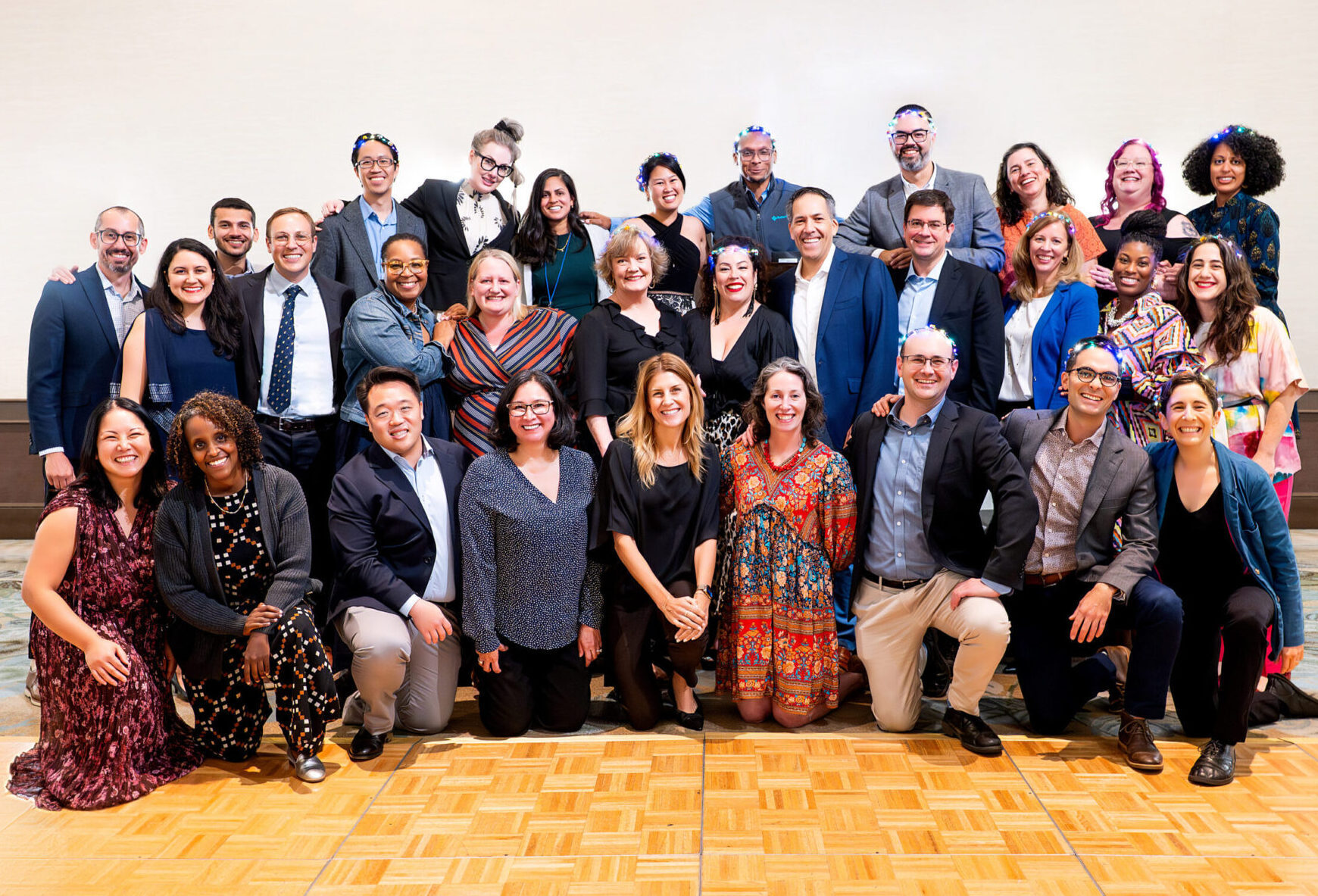By 2030, one in four Californians will be age 60 or older, with many requiring support from direct care workers to meet their essential needs. Direct care workers are the personal care aides, home health aides, and certified nurse assistants that provide hands-on, daily, and long-term assistance to older adults and people with disabilities. They work in a range of settings (from private homes to community to congregate settings), assisting their clients to maximize their quality of life and supporting their clients’ ability to remain in their own homes or communities when possible.
While a well-supported direct care workforce is essential to caring for California’s aging population, experts predict a shortage of 600,000 to 3.2 million workers by 2030. Fixing the fragmented and under-resourced infrastructure supporting these workers presents urgent challenges that diverse stakeholders must collectively address. Bolstering the direct care workforce is a win-win proposition: improving both the quality of life for older Californians and working conditions for a historically marginalized and underpaid workforce.
California is currently investing in the direct care workforce in a variety of ways – yet confusion remains about who these workers are, what they do (including similarities and differences across job categories), why this work matters, and how state initiatives seek to address current workforce challenges. A detailed Issue Brief and a short, high-level Quick Reference Guide (both available under Document Downloads) provide accessible overviews of these critical issues.
Authors & Contributors
University of California, San Francisco
These resources were written by researchers at the University of California, San Francisco.
Lauren Hunt, PhD, RN, FNP
Lauren is an assistant professor at the School of Nursing.
Jarmin Yeh, PhD, MPH, MSSW
Jarmin is an assistant professor at the Institute for Health & Aging and the Department of Social & Behavioral Sciences at the School of Nursing.
Margaret Fix, MPH
Margaret is a research associate at the Philip R. Lee Institute for Health Policy Studies.





